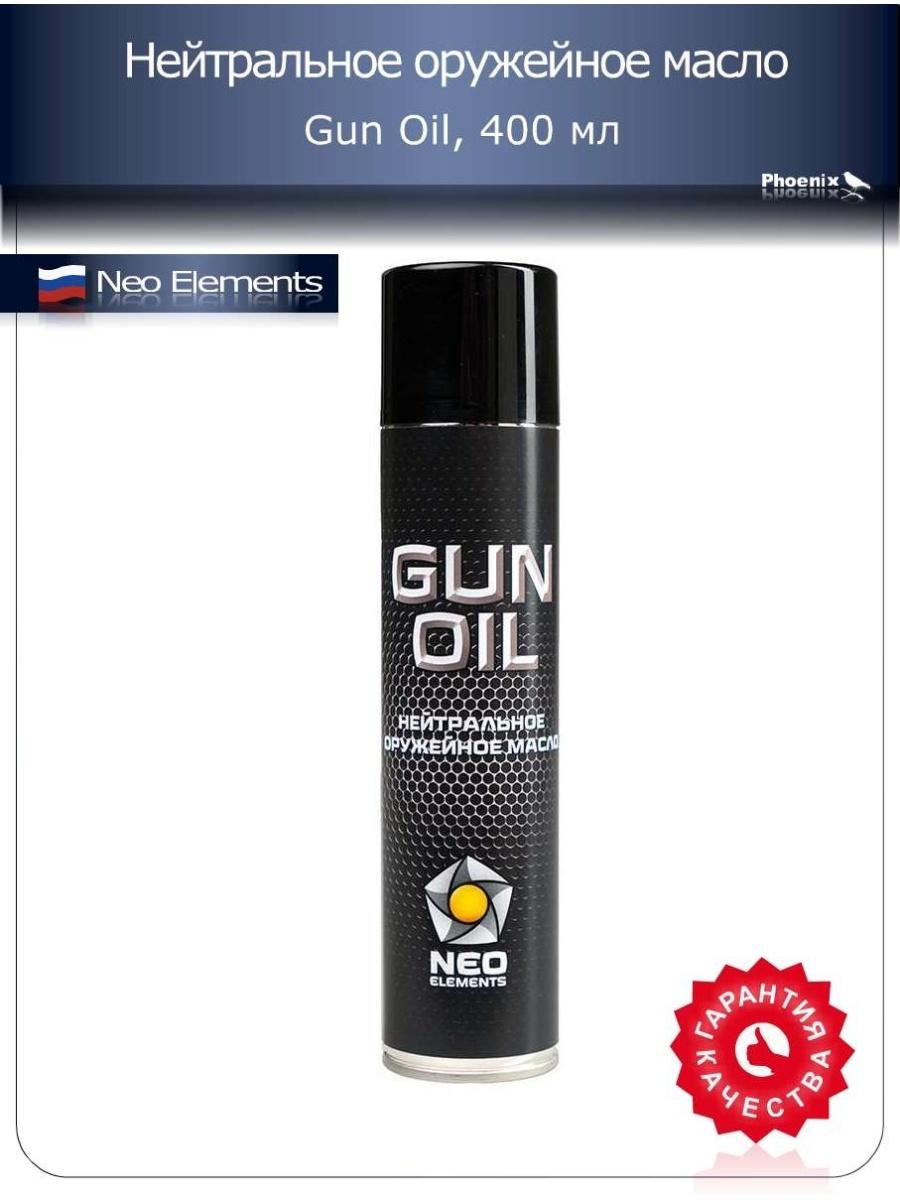Introduction:
Gun ownership comes with the responsibility of proper maintenance to ensure safety, reliability, and optimal performance. Whether you're a seasoned firearm enthusiast or a novice gun owner, understanding and practicing effective gun care is essential. This comprehensive guide will walk you through the key aspects of maintaining your firearms, promoting their longevity, and ensuring they function at their best.
Cleaning:
Regular cleaning is the foundation of proper gun care. Residue from fired ammunition, dirt, and moisture can accumulate inside the barrel Gun Care and other crucial components, affecting accuracy and functionality. Here's a step-by-step guide to cleaning your firearm:
a. Unloading: Before starting any cleaning process, ensure the gun is unloaded. Remove the magazine and check the chamber to confirm there is no ammunition present.
b. Disassembly: Follow the manufacturer's guidelines to disassemble your firearm. This typically involves removing the slide, barrel, and other relevant parts.
c. Cleaning Solutions: Use high-quality cleaning solutions and lubricants designed for firearms. Apply solvent to a cleaning patch and run it through the barrel. Scrub other components with a nylon brush to remove fouling and debris.
d. Brushing and Swabbing: Utilize a bore brush to scrub the barrel thoroughly. Swab the barrel with clean patches until they come out without residue. Repeat until patches remain clean.
e. Lubrication: Apply a small amount of lubricant to key points such as slide rails, trigger components, and moving parts. Avoid over-lubrication, as excess oil can attract dirt and debris.
Storage:
Proper storage is crucial for preserving your firearms and ensuring they remain in good condition. Consider the following tips for safe and effective firearm storage:
a. Safe Environment: Store guns in a cool, dry place to prevent corrosion. Avoid areas with extreme temperature fluctuations and high humidity.
b. Secure Storage: Invest in a quality gun safe or lockable cabinet to prevent unauthorized access. This not only enhances safety but also protects firearms from theft or damage.
c. Use Gun Cases: When transporting or storing firearms for an extended period, use dedicated gun cases. This shields them from dust, scratches, and potential impact.
d. Dehumidifiers: Place dehumidifiers or moisture-absorbing products in your gun safe to mitigate the risk of rust and corrosion.
Inspection:
Regularly inspecting your firearms is essential for identifying potential issues before they become serious problems. Here's a checklist for effective firearm inspection:
a. Barrel and Bore: Examine the barrel for signs of pitting, corrosion, or damage. Ensure the bore is clear and free from obstructions.
b. External Surfaces: Inspect the external surfaces for scratches, dents, or any abnormalities. Address any cosmetic issues promptly to prevent further damage.
c. Sights and Optics: Verify that sights and optics are securely mounted and properly aligned. Make adjustments as necessary.
d. Functionality: Test the functionality of the trigger, safety mechanisms, and other controls. If you notice any irregularities, consult a professional gunsmith for assistance.
Conclusion:
Proper gun care is a fundamental aspect of responsible gun ownership. By regularly cleaning, storing, and inspecting your firearms, you not only ensure their longevity and reliability but also contribute to a safer shooting experience. Remember to follow the manufacturer's guidelines and seek professional assistance if you encounter any issues beyond your expertise. In the end, a well-maintained firearm is a reliable and safe firearm.



